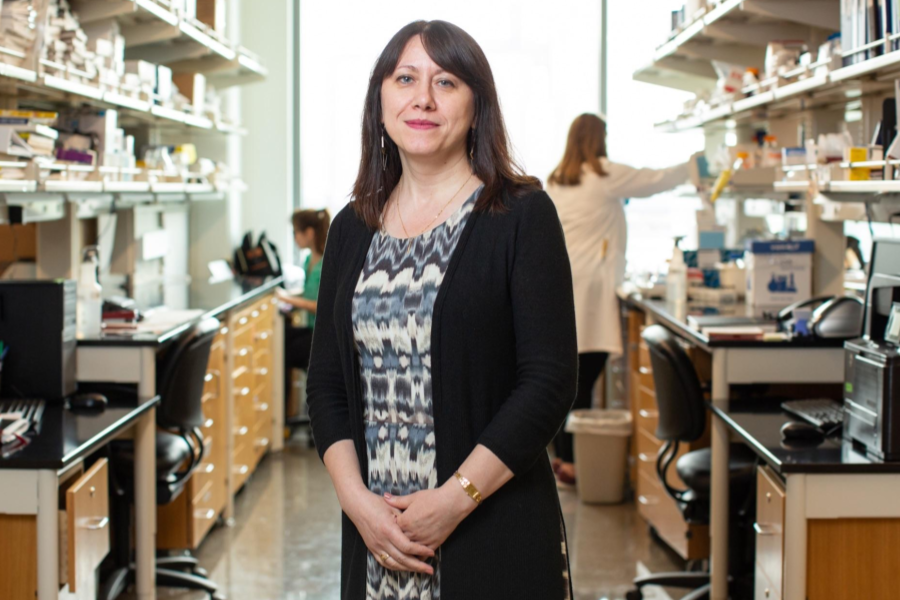
About 50% of the most common cancer cases are preventable according to the American Association for Cancer Research. To mark National Cancer Prevention Month this February, the University of Minnesota School of Public Health (SPH) is focusing on behaviors and other steps that could help reduce risk factors associated with cancer.
SPH Professor Irina Stepanov provides expert comment on how Minnesotans can be more aware of risk factors and take other steps for prevention and early detection of cancer.
“Significant advances have been made in treating many types of cancer, but it is important to remember that there are ways to reduce the risk for developing certain cancers in the first place.This needs to be done at multiple levels: from individual choices to healthcare-level practices and public health policies. Steps that individuals can take to reduce their risk and encourage early detection of cancer include:
- Don’t use tobacco: There are no safe forms of commercial tobacco. Cigarettes and other commercial tobacco products contain numerous cancer-causing chemicals.
- Limit alcohol use: Drinking alcohol leads to DNA damage. By limiting the amount of alcohol you drink, you can reduce the chances of DNA damage accumulating and becoming a source of cancer-causing mutations.
- Protect your skin: Seeking shade and using sunscreen are good ways to protect your skin from cancer-causing UV radiation. Never use UV tanning beds.
- Maintain a healthy diet: A healthy diet that includes fruits and vegetables rich in cancer-preventing bioactive compounds can help to reduce risk for colon, breast, and other cancers.
- Engage in physical activity: Regular physical activity can also lower the risk for many cancers.
- Use screening tests regularly: Catching cancers at early stages saves lives! There are established screening tests for early detection of breast cancer, cervical cancer, and colorectal cancer.
- Get vaccinated against cancer-causing viruses: For example, vaccines for human papillomavirus (HPV) and hepatitis B help to prevent cervical and liver cancers."
Irina Stepanov is the Distinguished McKnight University Professor and Mayo Professor in Public Health at the University of Minnesota School of Public Health. She is also the director of the Institute for Global Cancer Prevention Research (IGCPR) at the University of Minnesota, which fosters multidisciplinary research and innovation to inform cancer prevention practices and policy-level change. IGCPR pursues its mission by establishing partnerships around the world and prioritizing building capacity for translational and innovative cancer research at the University of Minnesota and globally.
About the School of Public Health
The University of Minnesota School of Public Health improves the health and wellbeing of populations and communities around the world by bringing innovative research, learning, and concrete actions to today’s biggest health challenges. We prepare some of the most influential leaders in the field, and partner with health departments, communities, and policymakers to advance health equity for all. Learn more at sph.umn.edu.
- Categories:
- Health
- Health policy
- Population health




